Electroencephalography (EEG)
Electroencephalography (EEG) is a non-invasive technique used to measure and record the electrical activity of the brain. It involves placing electrodes on the scalp to detect and amplify the brain's electrical signals. EEG is commonly used in clinical settings to diagnose and monitor various neurological conditions, such as epilepsy and sleep disorders. It provides valuable insights into brain functioning and helps researchers and healthcare professionals understand brain activity patterns.
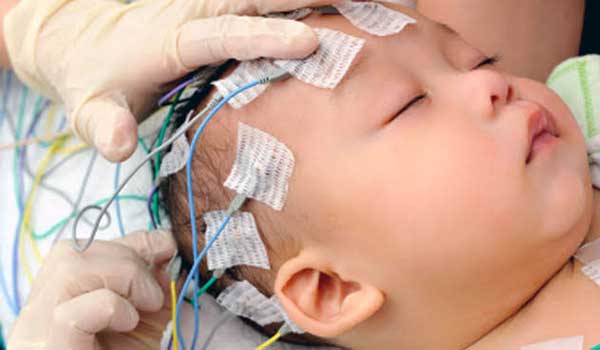
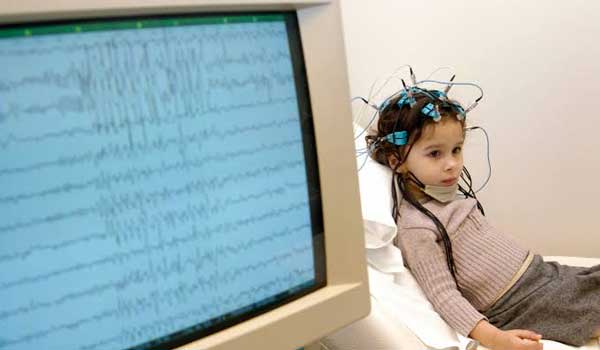
Video EEG (Electroencephalogram)
Video EEG (electroencephalogram) is a diagnostic procedure that records brain activity and captures simultaneous video recording. It involves attaching electrodes to the scalp to monitor electrical signals produced by the brain. The recorded EEG data provides insights into abnormal brain wave patterns, helping to diagnose and manage conditions like epilepsy, sleep disorders, and neurological disorders. The synchronized video recording aids in correlating physical behaviors or events with specific brain activity, facilitating a more comprehensive assessment of the patient's condition.
Visual Evoked Potential (VEP)
Visual Evoked Potential (VEP) test is a non-invasive diagnostic procedure used to assess the health of the visual pathway and detect visual abnormalities. During the test, the patient is exposed to visual stimuli, typically through patterned screens or flashing lights, while electrodes placed on the scalp record the brain's response to these visual stimuli. The recorded data helps identify issues such as optic nerve disorders, multiple sclerosis, and other neurological conditions affecting visual processing. VEP is valuable for early detection and monitoring of visual disorders.
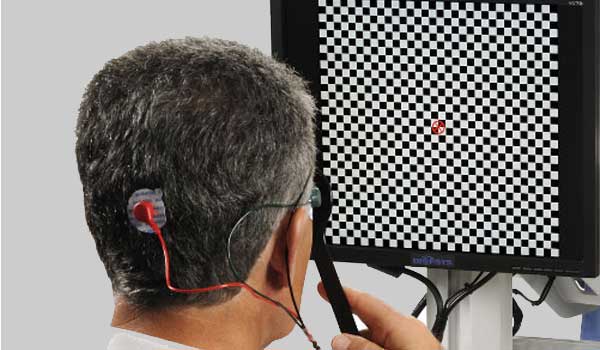
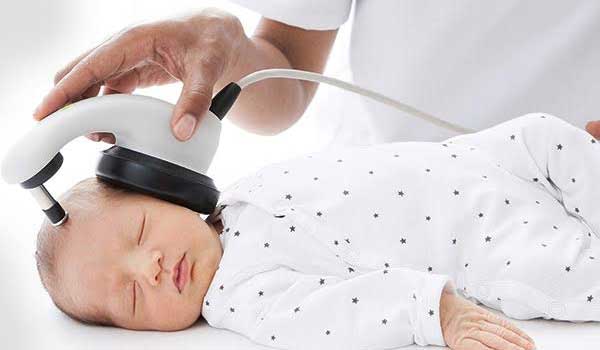
Brainstem Auditory Evoked Response (BERA)
BERA (Brainstem Auditory Evoked Response) test is a non-invasive diagnostic procedure used to assess the hearing function and detect hearing-related issues. It involves placing electrodes on the scalp to measure brainwave responses to auditory stimuli, such as clicks or tones. The test evaluates the integrity of the auditory pathways from the ear to the brainstem, aiding in the diagnosis of hearing loss, nerve damage, and other neurological conditions affecting hearing.
Nerve Conduction Study (NCS)
Nerve conduction study (NCS) in children is a diagnostic test that evaluates the function of nerves and muscles. Small electrical pulses are applied to specific nerves, and the response is measured to assess nerve conduction velocity and integrity. It helps diagnose conditions like neuropathies, muscle disorders, and nerve injuries in pediatric patients. The procedure is safe and relatively non-invasive, aiding in early detection and appropriate treatment.
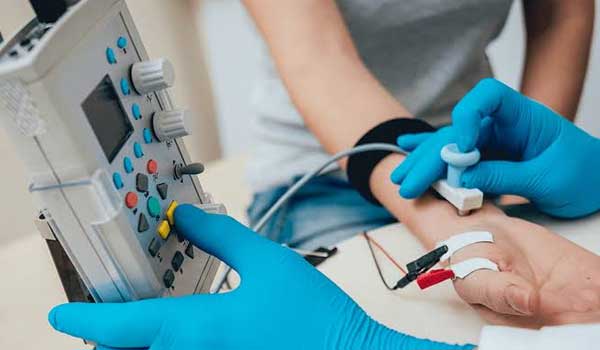
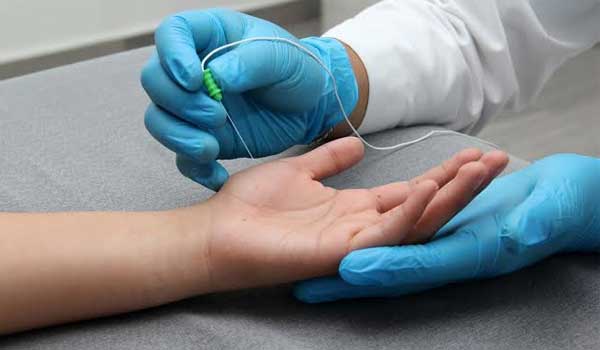
Electromyography (EMG)
EMG, or electromyography, in children is a diagnostic procedure used to evaluate the electrical activity of muscles.EMG can help identify neuromuscular disorders, such as muscular dystrophy or nerve damage, in children. The procedure is generally safe and well-tolerated, providing valuable insights for pediatricians and specialists in managing and treating muscular conditions in children.
IQ Test
IQ tests in children are standardized assessments designed to measure a child's cognitive abilities and intellectual potential. These tests typically include tasks that assess reasoning, problem-solving, memory, and language skills. The results are compared to age-appropriate norms to provide insights into a child's intellectual strengths and weaknesses, aiding educators and parents in tailoring educational approaches and support.


Behavioral Assessment
A behavioral assessment test in children is a systematic evaluation tool used to assess and understand a child's behavior, emotions, and social interactions. It involves observing and documenting the child's actions, responses, and interactions in various settings. The test may include structured interviews, questionnaires, observations, and standardized assessments to gather comprehensive information about the child's developmental and psychological well-being. The results help identify any behavioral issues, developmental delays, or emotional difficulties, aiding in the formulation of appropriate interventions and support.
Genetic Counseling
Genetic counseling is a specialized field of healthcare that focuses on providing information and support to individuals and families who have or are at risk of having genetic conditions. Genetic counselors assess family medical histories, interpret genetic test results, and explain the risks and benefits of different options for managing genetic conditions. They offer emotional support and help individuals make informed decisions about their reproductive health and family planning. Genetic counseling plays a crucial role in empowering individuals to understand and navigate the complex world of genetics.


Online Consultation
Online consultation of a doctor allows patients to seek medical advice and treatment remotely through digital platforms. It involves scheduling an appointment, sharing medical history, and discussing symptoms via video or audio calls. Doctors can diagnose conditions, prescribe medications, and provide recommendations based on the information provided. Online consultations provide convenience, accessibility, and timely healthcare services to patients from remote places.
